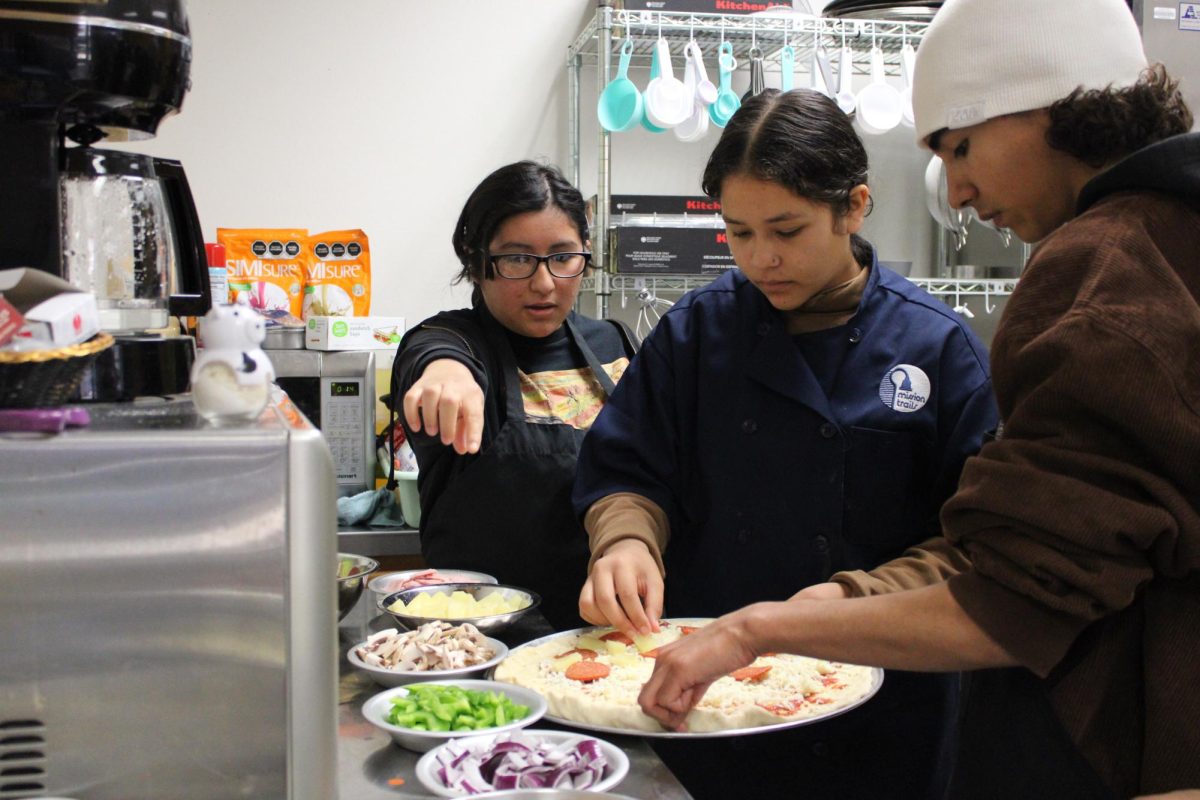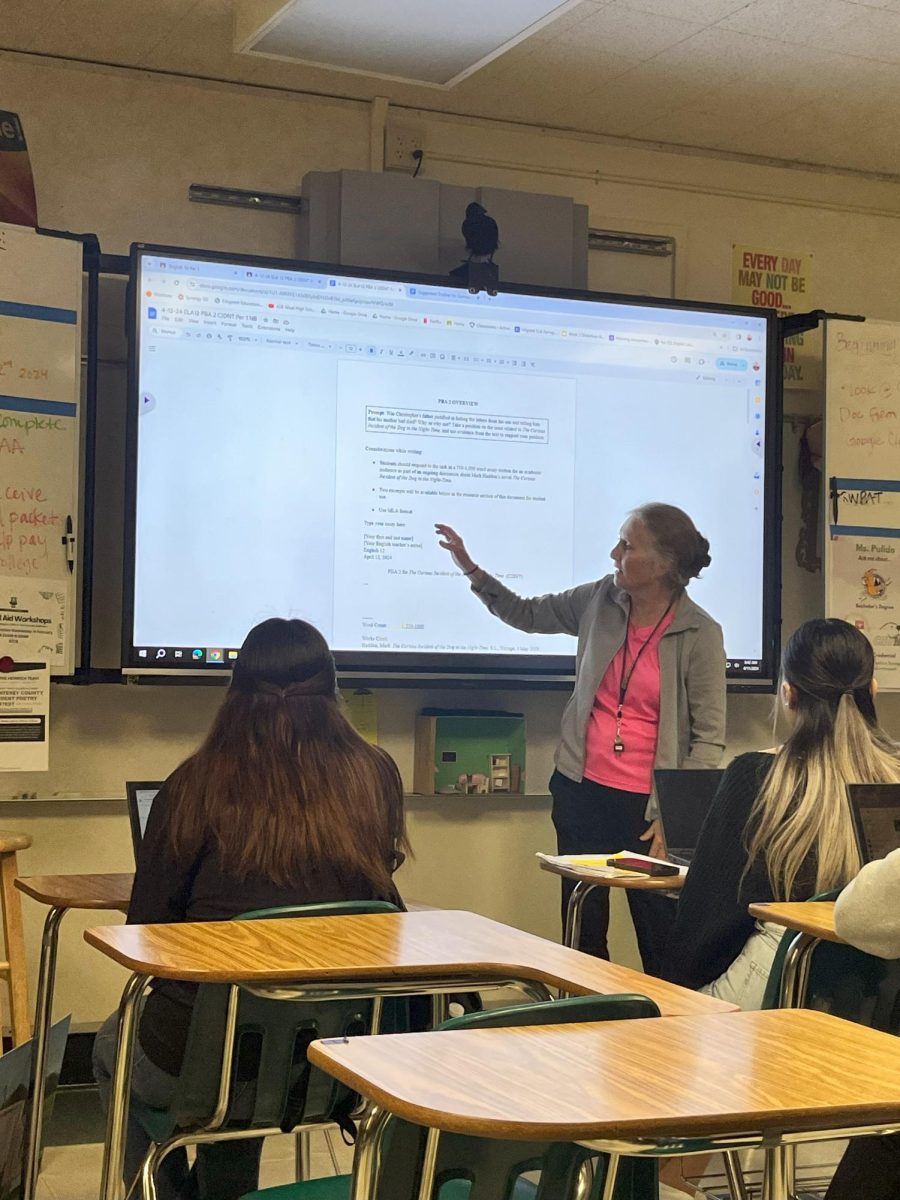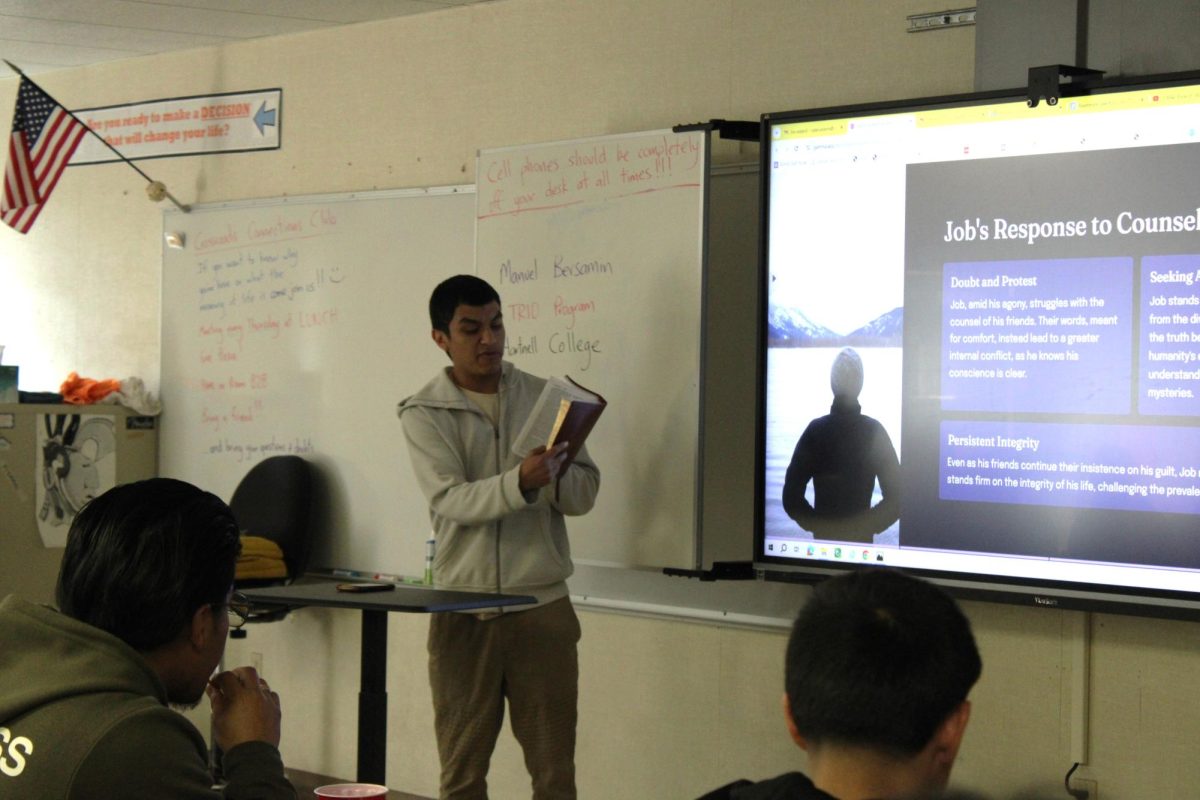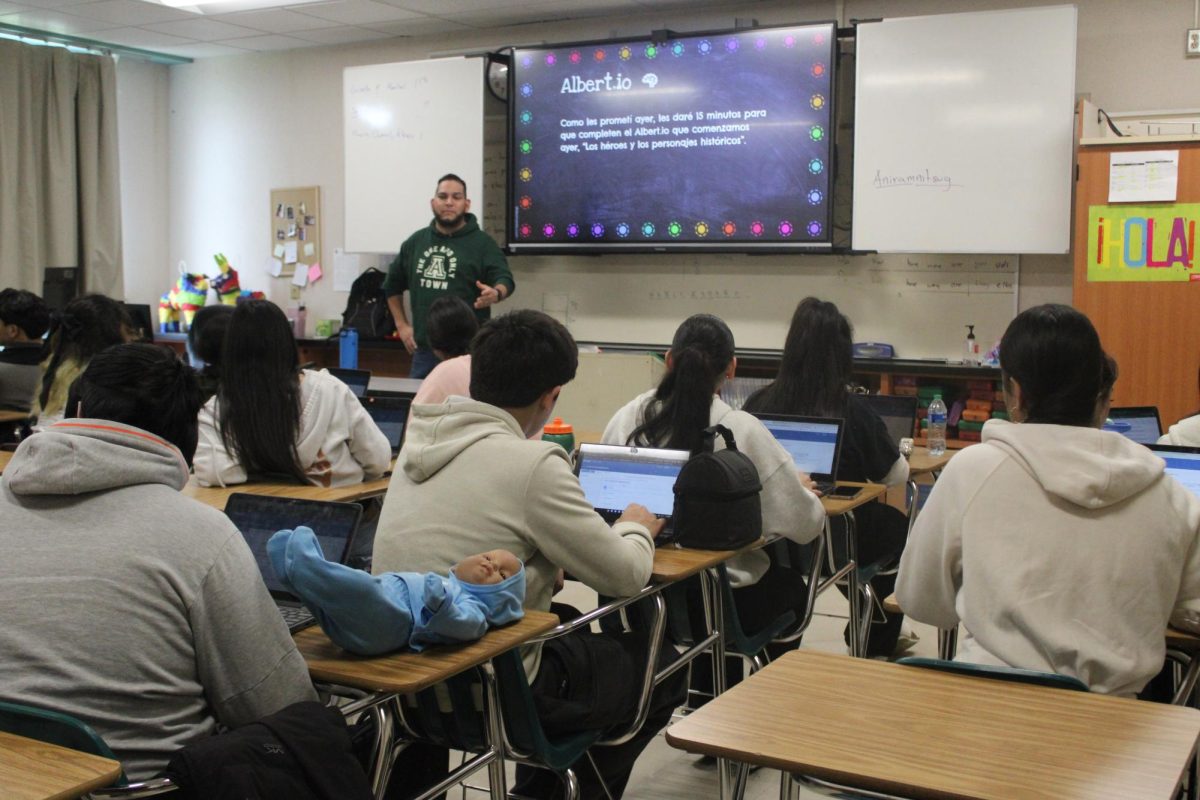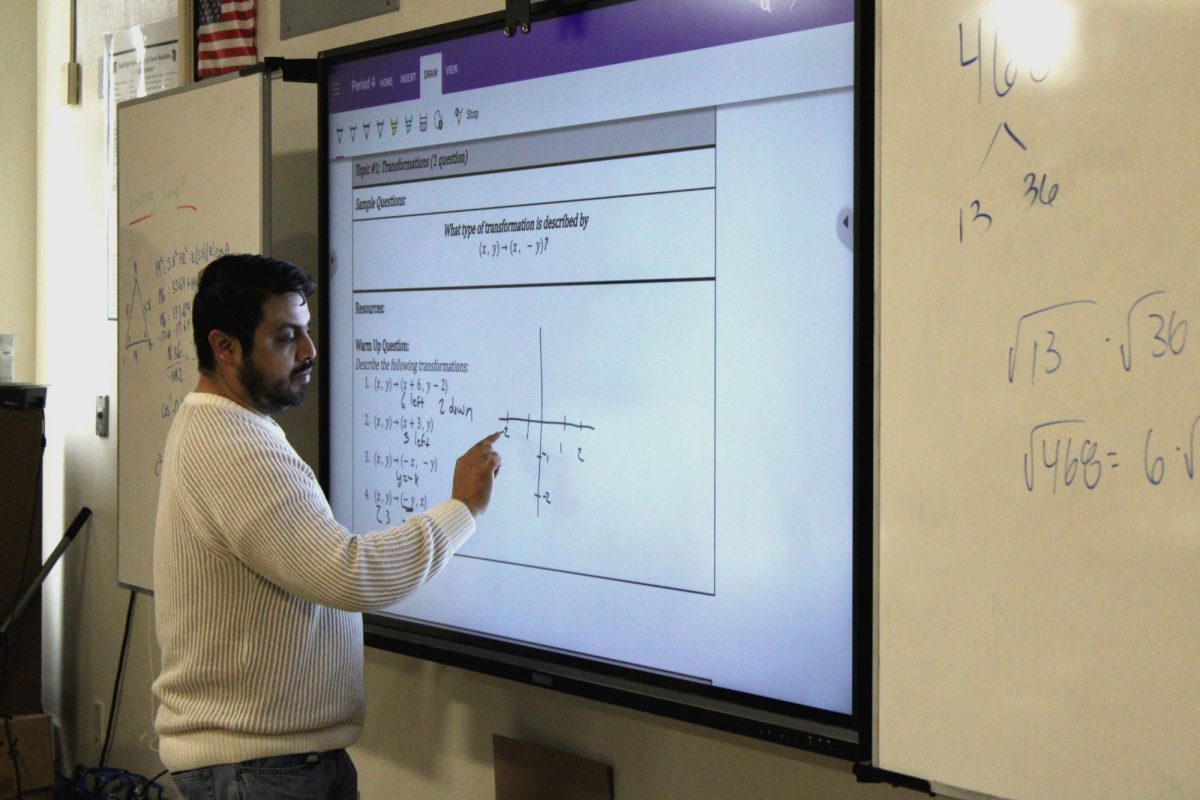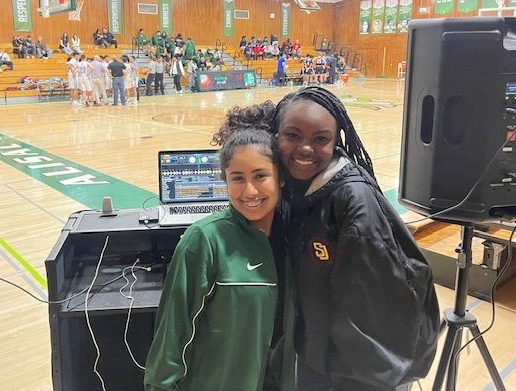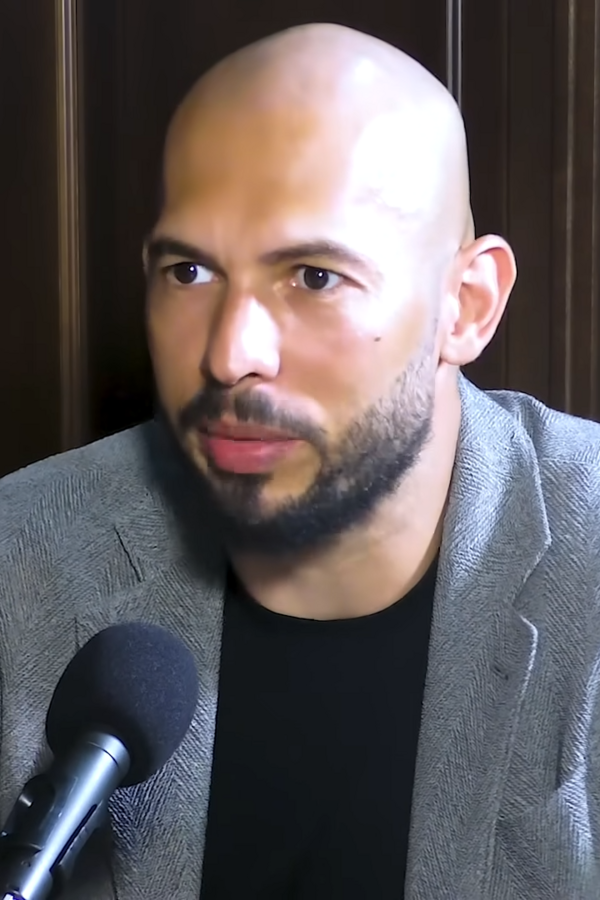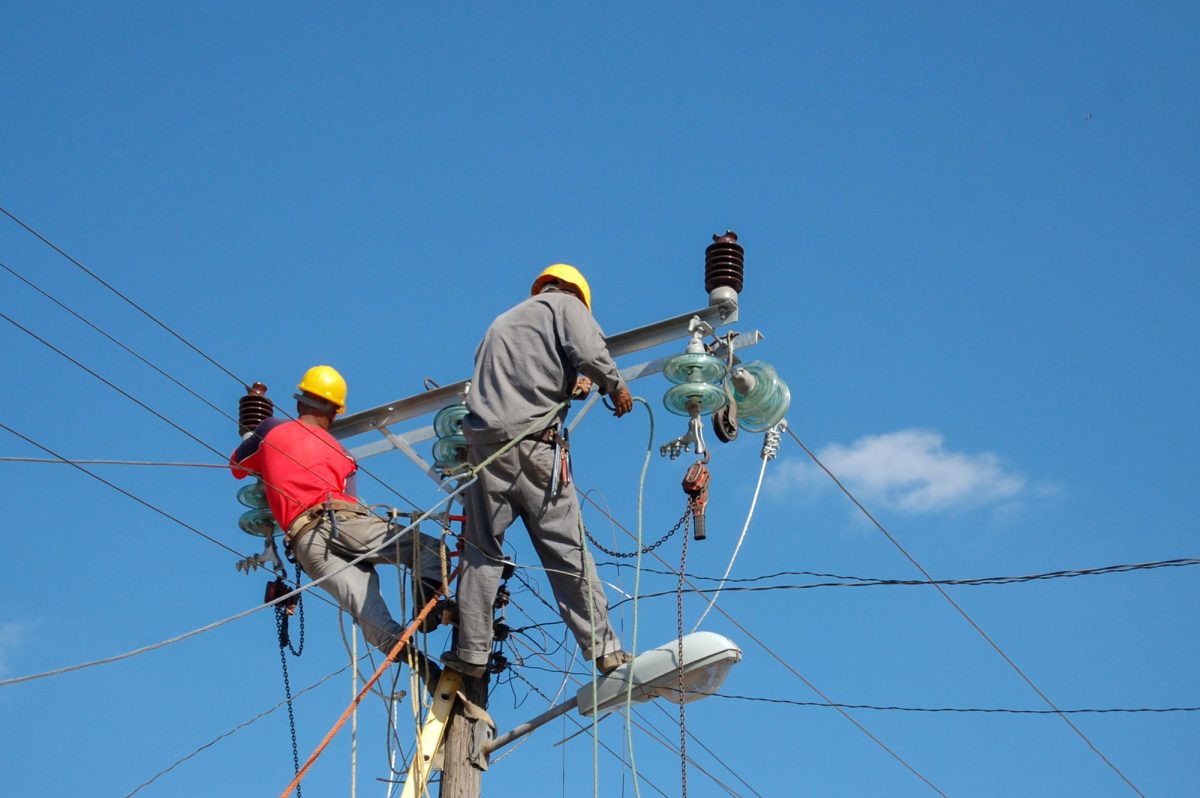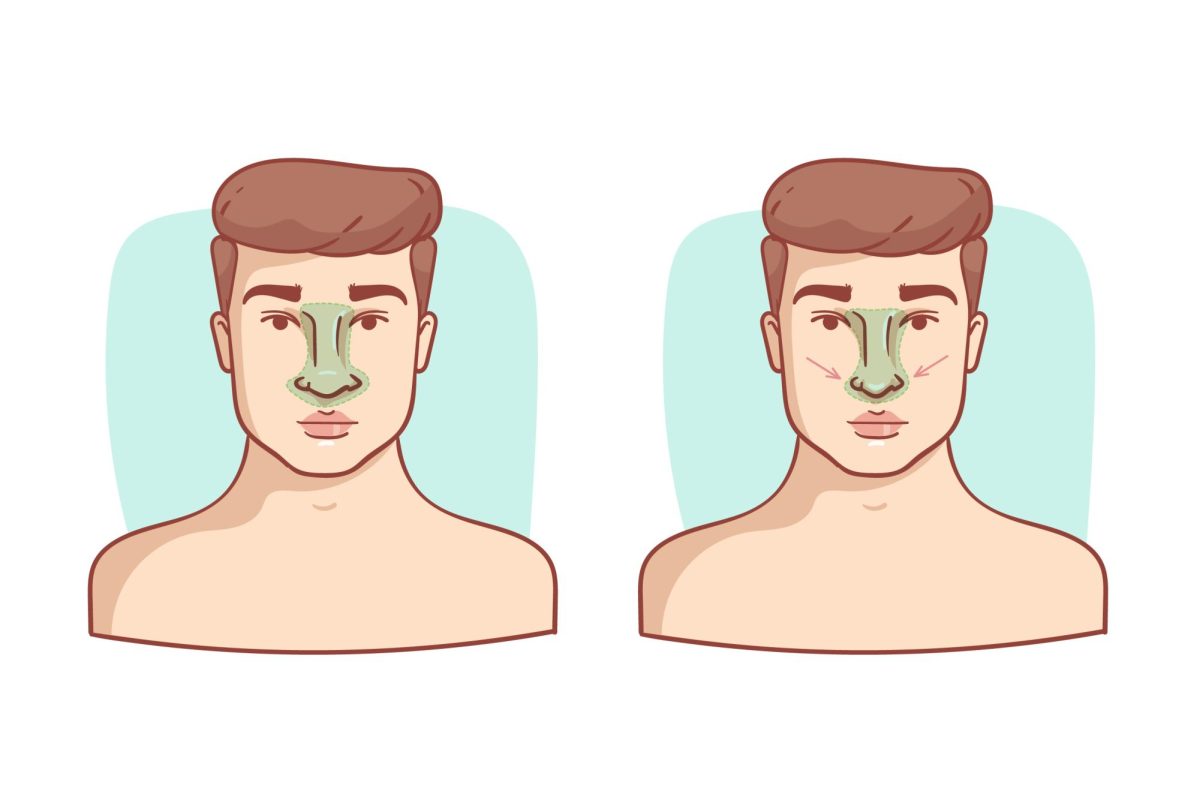Being in high school, students learn that they are mostly preparing for college. Although that is a good thing, some students may not be going to college and are not getting set up for life after high school. Some complaints that students have is that they do not know how the class isn’t mandatory when many teens don’t know how to do many of the everyday tasks such as finances, taxes, and budgeting. “Schools prepare students for college, but not how to take care of yourself after high school,” Dimensional Art teacher Karina Garcia said.
A course that used to prepare students for life after high school was Home Economics. This class taught students life skills that students (mainly women) would need to know in their adult life such as cooking, child development, personal and family finances, education and community awareness, home management, sewing and textiles, budgeting, health and hygiene, and laundry.
These are all human development things that students, mainly seniors, should be taught. Although the class had sexist origins – it was made for women to learn life skills on how to be a housewife while their husbands went to work – it had practical applications for the real world.
Although there has been a rapid decline in the number of schools that still provide Home Economics in America, about 6,000 schools in the United States still offer the class. In the past few years, there has been an increase in the number of people interested in learning the important life skills that come many people’s way once they enter adulthood.
According to “Home Ec: Why It Disappeared and How It’s Coming Back” there is a growing need for convenient, customizable, and valuable Home Ec classes that cater to our changing lifestyles. According to the article, “providing these classes can not only help bridge the skills gap but also empower individuals to lead healthier, more self-sufficient lives.”
Although Home Economics is not provided to students, there are some classes, such as Culinary and Economics, which provide some of the skills and knowledge Home EC used to provide. For example, Culinary student Rubi Espinoza states “Learning how to shop for groceries has never been mentioned, but the teacher usually does recommend food items we should buy.” Government/Economics teacher Ruben Pizarro states, “We actually will do some, but not very much, on taxes and personal finances (checking, savings, online banking) in the class.”
In an informal survey of 230 students, 58.3% of students had never heard of the class, and 85% of the students were interested in it and thought it would be important to learn the skills that the class would offer to them. “After high school, students start being or learning to be adults, and knowing how to budget and manage their home living would remove some stress and discomfort if they want to focus on college or starting their career,” Mariana Tijero said.
Schools should have Home Economics as a class, even if they make it an elective class and not a class that is mandatory to graduate. Having the class as an elective would be more of an advantage to the students who want to learn basic life skills that everyone should know, such as budgeting, taxes, home ethics, and child care.



